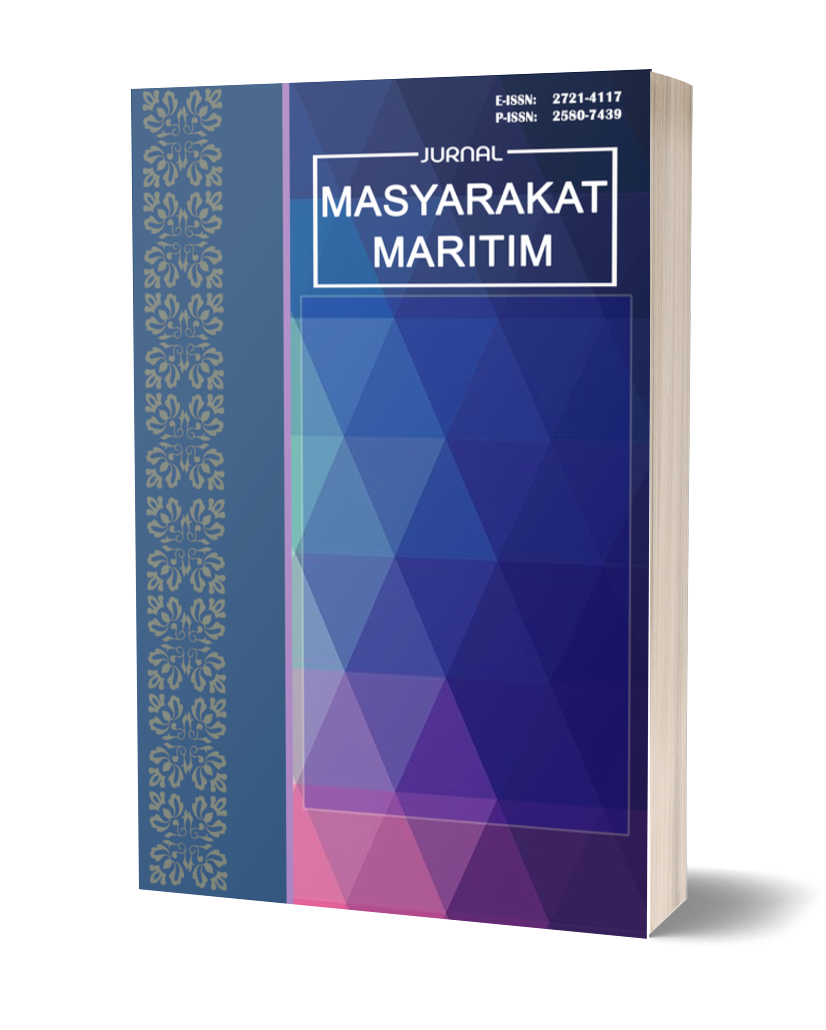Konsumsi Simbolis dalam Pemilikan Rumah oleh Kelas Menengah (Studi Kasus Penghuni Greenland Forest Park Residence Depok)
DOI:
https://doi.org/10.31629/jmm.v1i2.1682Keywords:
Middle Class, Symbolic Consumption, Home OwnershipAbstract
This study explains about symbolic consumption of middle class for home ownership. This study used the qualitative approach, it was chosen as the purpose of this study is to explain how the middle class colours their class position through the home ownership. Data was collected through observation and depth interview for the strategy of inquiry. The subject of study was dweller of Greenland Forest Park Residence. The research was conducted from April to July 2015.Gerke (2002) explained about lifestyling of Indonesian middle class as a strategy to show their social class without real consumption. This study revealed that the home ownership show two aspects of middle class (Greenland dweller) consumption; the real and symbolic consumption at the same time demonstrating their social class.
Downloads
References
Chan, Annie Hau-nung. (2002).â€Middle-class Formation and Consumption in Hongkongâ€, dalam Chua, Beng-Huat. Consumption in Asia. London: Routledge
Chua, Beng-Huat,. (2002). â€Singaporeans Ingesting McDonald‟sâ€, dalam Chua,Beng-Huat. Consumption in Asia. London: Routledge
Creswell, W. John. (2003). Research Desain. United States of America. Sage. Fan, Chengze Simon. (2002). â€Economic Development and the Changing Patterns of Consumption in Urban Chinaâ€, dalam Chua, Beng-Huat. Consumption in Asia. London: Routledge
Gerke, Solvay. (2002).†Global Lifestyles under Local Conditions: the New Indonesian Middle Classâ€, dalam Chua, Beng-Huat. Consumption in Asia. London: Routledge
Kim, Seung-Kuk. (2002). â€Changing Lifestyles and Consumption Patterns of the South Korean Middle Class and New Generationâ€, dalam Chua,Beng-Huat. Consumption in Asia. London: Routledge
Kusno, Abidin. (2012). Politik Ekonomi Perumahan Rakyat Utopia Jakarta. Yogyakarta. Ombak.
Neuman, W. Lawrence. (2000). Social Research Methods. United State of America. Pearson.
Nguyen, Van Marshall. (2012). The Reinvention of Distinction; Modernity and the Middle Class in Urban Vietnam. London: Springer.
Richard Tenter dan Kenneth Young. Politik Kelas Menengah. 1986. Jakarta: LP3S.
Thalib, Rokhiah. (2002).â€Malaysia: Power Shifts and the Matrix of Consumptionâ€, dalam Chua,Beng-Huat. Consumption in Asia. London: Routledge
Yoshimi, Shunya. (2002). â€Consuming „America‟: from Symbol to Systemâ€, dalamChua,Beng-Huat. Consumption in Asia. London: Routledge
Yoswohadi. (2012). Consumer 3000: Revolusi Konsumen Kelas Menengah Indonesia. Jakarta. Gramedia
Pambudy, Ninuk mardiana. (Volume 31, 2012). Gaya Hidup Suka mengonsusmsi dan meniru: Beranikah Berinovasi. Prisma. pp, 14-27.
Seda, Francisia SSE. (Volume 31, 2012). Kelas Menengah: Gambaran Umum Konseptual. Prisma, pp. 3-13
Dick, Howard. (1985). The Rise of a Middle Class and the Changing Concept of Equity in Indonesia: An Interpretation. Southeast Asia Program Publications at Cornell University, pp. 71-92
Kurz, Karin. (2004, April Vol 20). Labour Market position, Intergenerational Tranfers and Homeownership: A Longitudinal Analysis for West German Birth Cohort. European Sociological Review. Oxford University Press, pp. 141-159.
Kompas. Edisi (Kamis, 27 Maret 2014), hal 17 “ Kelas menengah Potensi Sekaligus Tantanganâ€.
Kompas. Edisi (Senin, 16 Desember 2013), hal 17 “RI Masuk Jalur Perangkap; Sudah 25 Tahun di Kelompok Pendapatan Menengah-Bawahâ€.
Kompas. Edisi (Selasa, 19 November 2013), hal 17 “Pertumbuhan Ekonomi Jebakan Kelas Menengahâ€.
Kompas, Edisi ( Senin, 22 Juli 2013), hal 10 “Telisik Kelas Menengahâ€.
Kompas, Edisi (Selasa, 9 Juli 2013), hal 11 “Kelas menengah Sibuk Mengejar Kepuasanâ€.
Kompas. Edisi (senin, 29 Oktober 2012), hal 18- 19 “Wawancara Harun harjadi Superblok Tetap bagian dari Sebuah Sistem Tata Kotaâ€.
Kompas. Edisi (Kamis, 18 Oktober 2012), hal 26 “Kondominium Diminati Pasokan Rumah Vertikal Tak mampu Imbangi Permintaan
Pattinasarany, Indera Ratna Irawati. (2012). Mobilitas Sosial Vertikal Antar Generasi Kajian Terhadap Masyarakat Kota Di Provinsi Jawa Barat dan Jawa Timur. Pasca Sarjana Sosiologi, Universitas Indonesia.
Rizal, Dharyagitha. (2001). Perubahan Pola Konsumsi "Kelas Menengah baru" di Jakarta. Program Studi Sosiologi, Fakultas Ilmu Sosial dan Ilmu Politik, Universitas Indonesia.
http://lipsus.kompas.com/kotacerdas/read/2015/08/13/19564121/Wapres.Jusuf.Kalla.Hadiri.Penganugrahan.Kota.Cerdas (diakses 25 September 2015)
http://www.bloomberg.com/news/articles/2013-10-23/Indonesia-home-prices-rise-asdemand-bucks-higher rates-economy (diakses pada 1 November 2014)
http://www.greenlandforestpark.com/kategori/about-products (diakses 11 April 2015)
http://www.greenlandforestpark.com/kategori/facilities (diakses 11 April 2015)
http://www.greenlandforestpark.com/kategori/location-map (diakses 11 April 2015)
http://www.housing-estate.com/about (diakses 19 April 2015)
http://www.relifeproperty.com/about (diakses 11 April 2015)
http://www.relifeproperty.com/about/business (diakses 11 April 2015)














